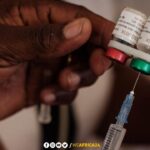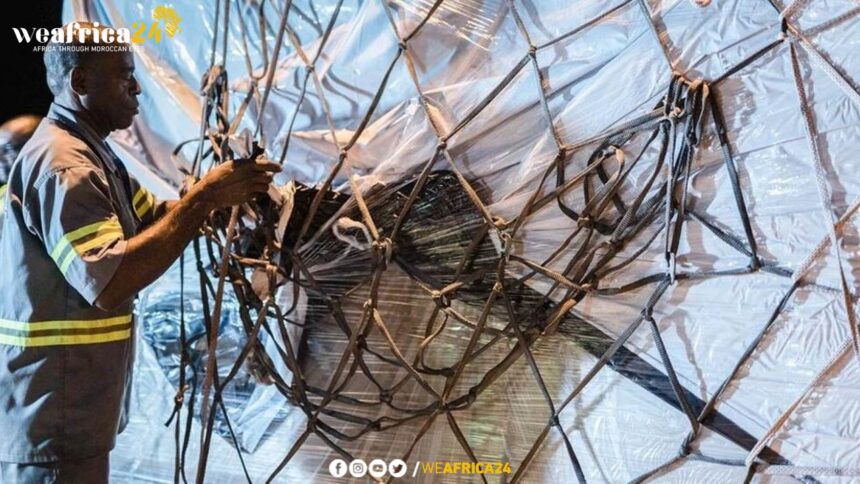Cameroon has fallen short of its financial commitments for co-funding the fight against AIDS, tuberculosis, and malaria for the 2021-2023 cycle. This shortfall must be rectified if Yaoundé is to avoid a reduction in available grant funds for future years.
The Global Fund to Fight AIDS, Tuberculosis, and Malaria operates on a co-funding principle. During a mission to Cameroon’s capital in late February and early March, a Global Fund delegation highlighted several deficiencies.
Cameroonian journalist Olive Atangana, specializing in health issues, published a “memo” on her blog L’urgentiste, derived from the Global Fund’s mission to Cameroon from February 26 to March 6, 2024. The Global Fund confirmed the authenticity of the document, which reveals that the Cameroonian government has fulfilled only a third of its co-funding commitments, contributing €34.6 million out of the €123.3 million expected.
According to Cameroonian Health Minister Manaouda Malachie, measures have been taken to address this issue. He attributes the delay to the Bank of Central African States (BEAC), citing limitations on currency transfers to the Global Fund accounts in Geneva. The Global Fund, however, has not reduced the allocated subsidy to Cameroon.
Currently, discussions with Yaoundé focus on “recalibrating the co-funding,” essentially determining a “realistic” amount that Cameroon can invest in fighting AIDS, tuberculosis, malaria, and strengthening its health system. The Global Fund emphasizes that “failure to meet co-funding obligations during the grant cycle can lead to a reduction in available grant funds.”
The memo indicates that “the government’s failure to meet co-funding commitments will likely lead to stockouts of medicines, putting patients’ lives at risk, as there is no longer any budgetary flexibility within the Global Fund’s grants.”
Additionally, the Global Fund has raised concerns about a contract for supplying over two hundred laboratory freezers procured by UNOPS, the United Nations operational arm supporting project implementation. On the ground, the equipment reportedly does not match the orders, with some freezers being second-hand or even unusable.







